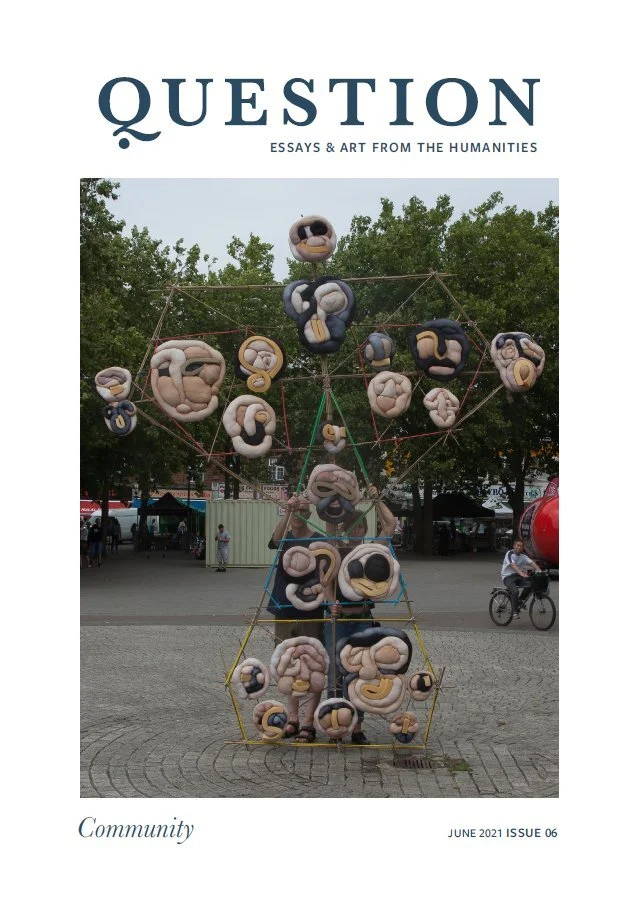This article addresses the precedence given to sound in musical analysis and argues that socially engaged composers might reconsider the importance they place on sonic output and instead pay greater attention to how we critically engage with the subjects that stimulate our musical practice.
Read MoreThe Music Box is an interactive performance-protest taking place on Bath Spa University’s Newton Park Campus, from the 16th-20th of August, 2021. The piece has been devised by a cohort of the university’s PhD students, and will run for 23 hours each day.
Read MoreIssues concerning socially engaged practice, autonomy, and narrative in art are introduced alongside Claire Bishop’s critique of relational art.
Read MoreThis commentary presents an experimental-composer’s perspective on contemporary music therapy practice. I begin by offering my impressions of the field, then the commentary first draws upon G. Douglas Barrett’s radical post-sonic theorisation of music to question the future of existing music in therapy, before instrumentalising avant-garde aesthetics to imagine what music may become in music therapy.
Read MoreEvocative as it is, ‘non-performance’ within the contemporary contexts of classical music remains undefined. Can You Not? will argue that non-performance is the manipulation of form, rather than content, and will chart the roles of performer and audience in musical works which reject the necessity for either one or the other.
Read MoreHi [Name],
My name is Aaron and I’m studying a PhD in composition at Bath Spa University.
I’m conducting (no pun intended) a short survey of composers, and I’m looking to collect a number of responses for my research into how we talk about our work.
Read MoreArt and football have often shared an uneasy relationship, when they have shared any relationship at all. They each have their respective theatres - the stadium and the gallery, and historically, their respective audiences. While the working class filed to the framed field of green in their industrialised heartlands, the upper classes would prefer the Monet occupying a Victorian building in the city centre. And never the twain shall meet (to the relief of each).
Read MoreThe fifth piece in La Monte Young’s Composition 1960 collection begins by instructing a performer to ‘Turn a butterfly (or any number of butterflies) loose in the performance area’.
Read MoreComposed for Solo Television performer, and incorporating bath tubs, kettles, mechanical fish, and a grand piano, a remarkable recording exists of Cage’s ‘Water Walk’, given by the man himself on the 1960s American panel show ‘I’ve Got a Secret’…
Read More









